Empirical evidence shows that sleep is critical to alertness, cognition, and emotional regulation. We know that sleep deficits can accumulate over time and affect cognitive performance and psychological well-being. Studies also show that sleep disruptions make people more emotionally sensitive and likely to react negatively to stressful situations.
So why are so many Americans still experiencing disrupted or insufficient sleep?
There's no one answer, though 24/7 industrial culture and perpetual "screen time" might have something to do with it. But while we can only speculate about why people aren't sleeping, we know that millions of Americans need, and want, better sleep.
Today, we're looking at the two biggest natural options out there— CBN and melatonin — to see if we can determine which is the better sleep aid.
CBN vs Melatonin: A Comparison of Sleep Aids
Traditional sleep medications can cause more problems than they solve, so more people have turned to natural and herbal alternatives to help them sleep. Melatonin has been popular for years, but as our understanding of herbal remedies grows, non-pharmaceutical substitutes like the ones offered by Slumber Sleep Aid are gaining traction and challenging the status quo.
Unlike other sleeping aids, no medication or added chemicals are included. These aids are completely natural and derive from plant-based ingredients that do not include animal products. There are lots of plant-based sleep aids out there, and we have listed some of the most common and popular:
What is Melatonin?
Melatonin is a natural hormone in your body produced by the pineal gland, a small gland located in the brain, and it plays a crucial role in regulating the sleep-wake cycle (circadian rhythm) in humans and other animals. The pineal gland produces melatonin and helps regulate your circadian rhythms, commonly known as your body clock. The synthesis and release of melatonin are controlled by the body's internal clock, which is influenced by the amount of light exposure. When it gets dark, the pineal gland starts producing melatonin and releases it into the bloodstream. This rising melatonin level signals to the body that it's time to prepare for sleep. Melatonin helps synchronize various physiological processes with the day-night cycle. It regulates body temperature, blood pressure, and hormone release to promote sleep and wakefulness at appropriate times.
People with healthy sleep patterns naturally produce melatonin in the evenings to help them sleep. For those with irregular sleep patterns, taking melatonin supplements a few hours before bed can "trick" their body into feeling drowsy and thinking it's time to sleep.
Melatonin supplements are commonly used to help manage sleep disorders, jet lag, shift work sleep disorder, and other conditions that disrupt the natural sleep-wake cycle. Melatonin supplements work by mimicking the natural hormone's effects in the body. When taken as a supplement, exogenous melatonin raises the level of melatonin in the bloodstream. Melatonin helps initiate the process of falling asleep by signaling to the body that it's time to sleep. It reduces the time it takes to fall asleep (sleep onset latency).
Some studies suggest that melatonin supplements may improve the overall quality of sleep, including increasing the duration of deep sleep stages. Numerous scientific studies have examined the efficacy of melatonin as a sleep aid. While results can vary from person to person and depending on the specific sleep disorder, some studies have shown positive effects. Melatonin supplementation has been found to help shift workers adjust to irregular schedules and improve their sleep quality. Melatonin is generally considered safe when used at appropriate doses, but it may cause side effects such as drowsiness, headache, or stomach discomfort in some individuals.
Melatonin Pros
- Well-researched: Taking melatonin as a sleep aid has been extensively researched, with dozens of peer-reviewed studies supporting its use for various things, including as a sleep aid.
- Accessible and available: You can easily find melatonin supplements in pharmacies or health-food stores and buy them without a prescription.
- Generally safe: Using melatonin appropriately at the right dose is considered safe, with minimal reported side effects.
Melatonin Cons
- Not effective for everyone: Some people may not respond to melatonin supplements, experience no effect, and not notice any sleep improvements.
- Potential side effects: Some people can experience side effects from melatonin, including headaches, dizziness, nausea, and drowsiness.
- Interactions with other drugs: Melatonin can sometimes have harmful interactions with certain blood thinners and diabetes medications. The potential for adverse drug interactions makes it essential to talk to your doctor before starting a melatonin regimen.
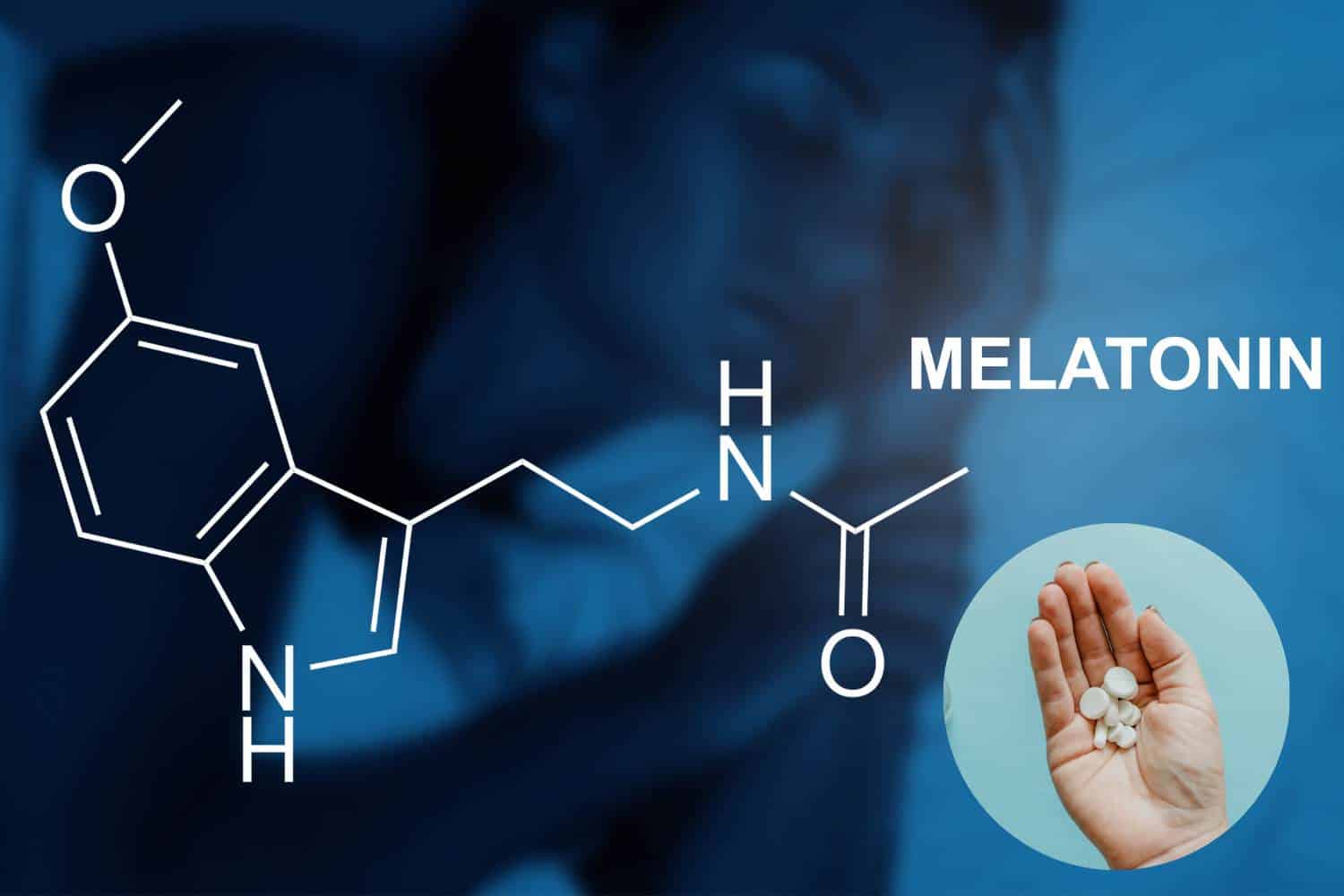
How Long Does Melatonin Last?
The duration of melatonin's effects in the body can vary depending on several factors, including the individual's metabolism, the dose of melatonin taken, and whether it's a fast- or slow-release formulation. Typically, the effects of a standard melatonin supplement last for several hours. Here's a general overview:
- Short-Term Effects: After taking a melatonin supplement, you can expect to experience its effects within 30 minutes to an hour. These effects may include drowsiness and an increased likelihood of falling asleep. The intensity of these effects can depend on the dosage.
- Duration of Action: The duration of melatonin's effects in the body usually ranges from 4 to 8 hours for a standard dose. Some formulations, such as extended-release melatonin, may have longer-lasting effects, lasting up to 12 hours or more.
- Natural Melatonin Production: Once the melatonin from the supplement has been metabolized and its effects have worn off, the body's natural production of melatonin takes over. As the evening progresses and light levels decrease, the pineal gland starts to produce its own melatonin, signaling to the body that it's time to prepare for sleep. The duration of this natural melatonin production can last throughout the night, helping to regulate the sleep-wake cycle.
- Morning Wakefulness: By the time morning comes and natural light levels increase, the body's melatonin levels naturally decrease. This decrease in melatonin contributes to wakefulness and alertness upon waking.
It's important to note that melatonin supplements should be used according to the recommended dosage and timing instructions provided on the product label or as directed by a healthcare professional. Taking excessive amounts of melatonin can disrupt the natural circadian rhythm and may lead to grogginess during the day.
In summary, melatonin supplements provide a short-term boost in melatonin levels, helping to initiate the sleep process and regulate the sleep-wake cycle. Once the effects of the supplement have worn off, the body's natural melatonin production takes over, and this natural melatonin continues to play a role in regulating sleep throughout the night.
What is CBN?
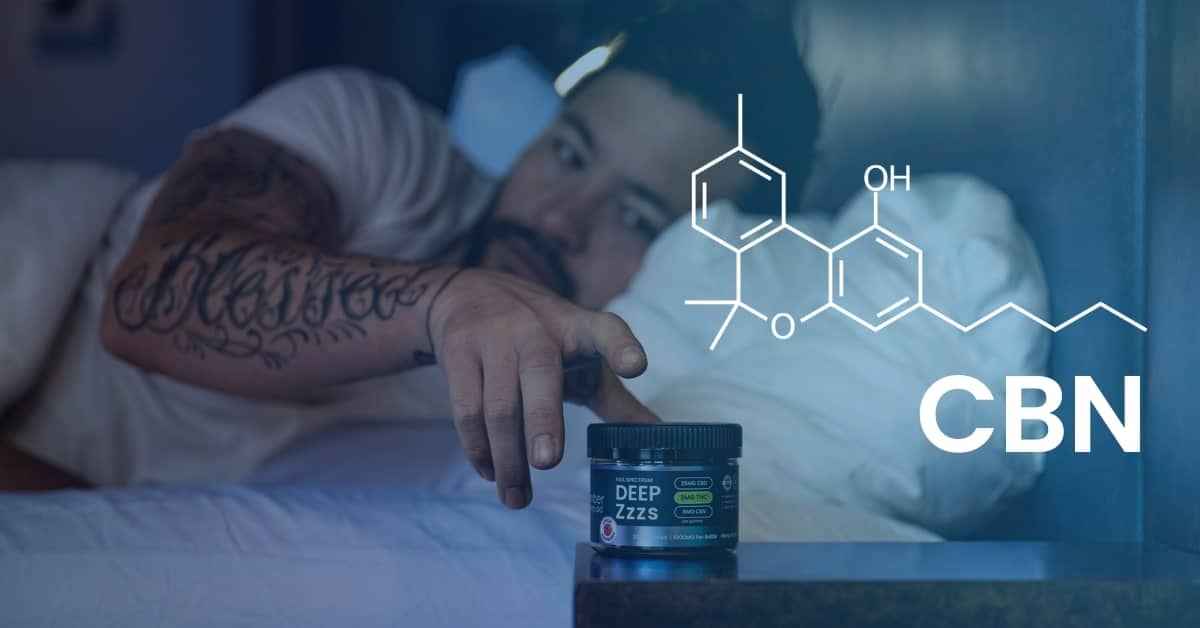
An abbreviation for cannabinol, CBN is a non-toxic cannabinoid found in hemp and cannabis plants. As THC (the cannabinoid that gets you "high") breaks down over time, it naturally converts into CBN, a non-psychoactive molecule with therapeutic and sleep-inducing effects. Because CBN is a byproduct of decomposed THC, it's available in smaller quantities and is more time-consuming to extract, making CBN the rarest and most expensive of the cannabinoid cousins. When THC is exposed to oxygen and light over time, it undergoes a chemical transformation, converting into CBN. This is why aged or improperly stored cannabis products may contain higher levels of CBN.
Cannabinol, commonly referred to as CBN, is a naturally occurring compound that has garnered interest for its potential therapeutic properties and its role within the broader spectrum of cannabinoids. CBN is a cannabinoid, a class of chemical compounds found in cannabis. Its chemical structure is similar to other cannabinoids like THC (tetrahydrocannabinol) and CBD (cannabidiol). CBN is often associated with sedative effects and may contribute to the relaxation and sleep-inducing properties of some cannabis strains. It is often referred to as a "sleepy" cannabinoid. Some studies suggest that CBN may have mild pain-relieving properties, and like other cannabinoids, CBN has shown anti-inflammatory properties in preclinical research.
CBN has been studied in preclinical research for its potential in managing conditions such as glaucoma, inflammation, and neurodegenerative diseases. However, much more research is needed to establish its clinical efficacy in humans. Some individuals have reported using CBN-containing products for insomnia and sleep disorders, although individual responses can vary. In our very own sleep study, we showed that study participants gained an extra 72 minutes of sleep per night and 87% preferred CBN over any other sleep aid they've tried. Those results are incredible!
CBN Pros
-
Natural sleep aid: CBN is a plant-based compound, so it's an appealing choice for anyone who prefers natural and organic sleep aids. CBN's only current documented side effect is a sedative effect that leads to drowsiness.
-
Improves sleep quality: A recent sleep study found that most respondents who had taken CBD claimed it had improved their sleep. Taking CBN for sleeping affected participants' quality of sleep and the ability to fall and stay asleep.
-
May alleviate symptoms of anxiety and pain: 71% of participants from the same study also said CBN made them feel calmer, contributing to the belief that CBD helps reduce anxiety and pain symptoms.
- Non-psychoactive: Unlike THC, CBN does not produce any psychoactive effects, making it a safe option for those who want to avoid the "high" associated with some cannabis products.
CBN Cons
-
Research is ongoing: Being the newest kid on the block in the sleep-aid market is one of CBN's biggest drawbacks. Although findings from early studies have all been promising, further research is required to pass the scientific and cultural burdens of proof.
- Availability and legality: CBN products may only be available in some areas, so checking their legal status and local regulations is important before purchasing.
The Bottom Line
Does CBN help with sleep? Preliminary research and anecdotal evidence both say yes. But the real question is how.
While melatonin tricks your body into thinking it's bedtime, CBN addresses the underlying issues that prevent sleep, such as inflammation, anxiety, and pain. By refocusing the lens on the symptoms, rather than the result, of sleep irregularities, CBN shows tremendous promise in helping Americans sleep better every night.
Slumber is a boutique company that strives to provide customers who need better sleep with the highest quality products. Our sleep aids, like the extra-strength CBN gummies, use proprietary blends and formulations to make natural, rejuvenating sleep a nightly reality.
You can also check out our unique sleep gummies, combining CBD, CBN, and THC to create the "entourage effect" and put you into the perfect slumber.
Visit Slumber today and shop for products that promote sleep, energy, and focus.
An abbreviation for cannabinol, CBN is a non-toxic cannabinoid found in hemp and cannabis plants. As THC (the cannabinoid that gets you "high") breaks down over time, it naturally converts into CBN, a non-psychoactive molecule with therapeutic and sleep-inducing effects. Because CBN is a byproduct of decomposed THC, it's available in smaller quantities and is more time-consuming to extract, making CBN the rarest and most expensive of the cannabinoid cousins.

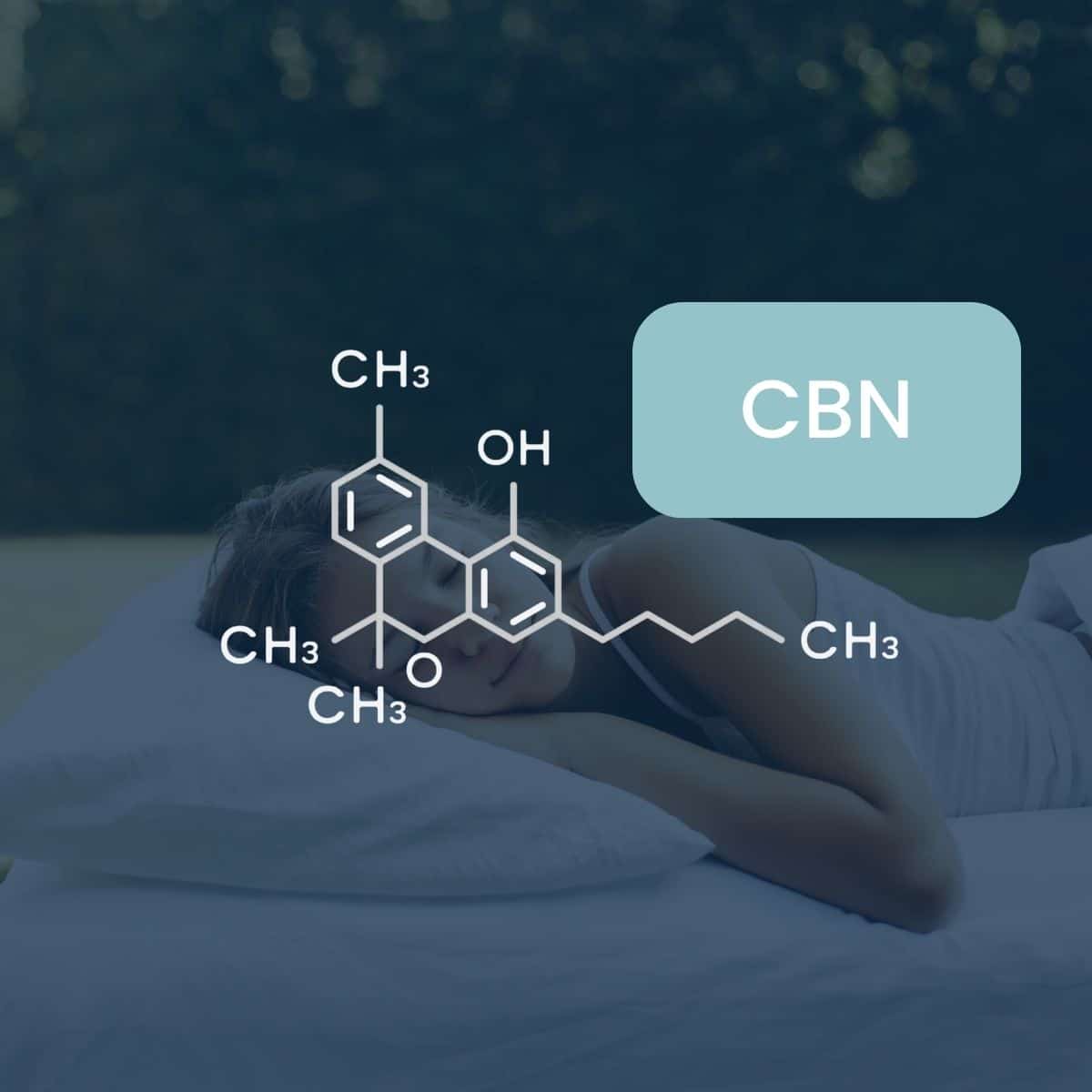
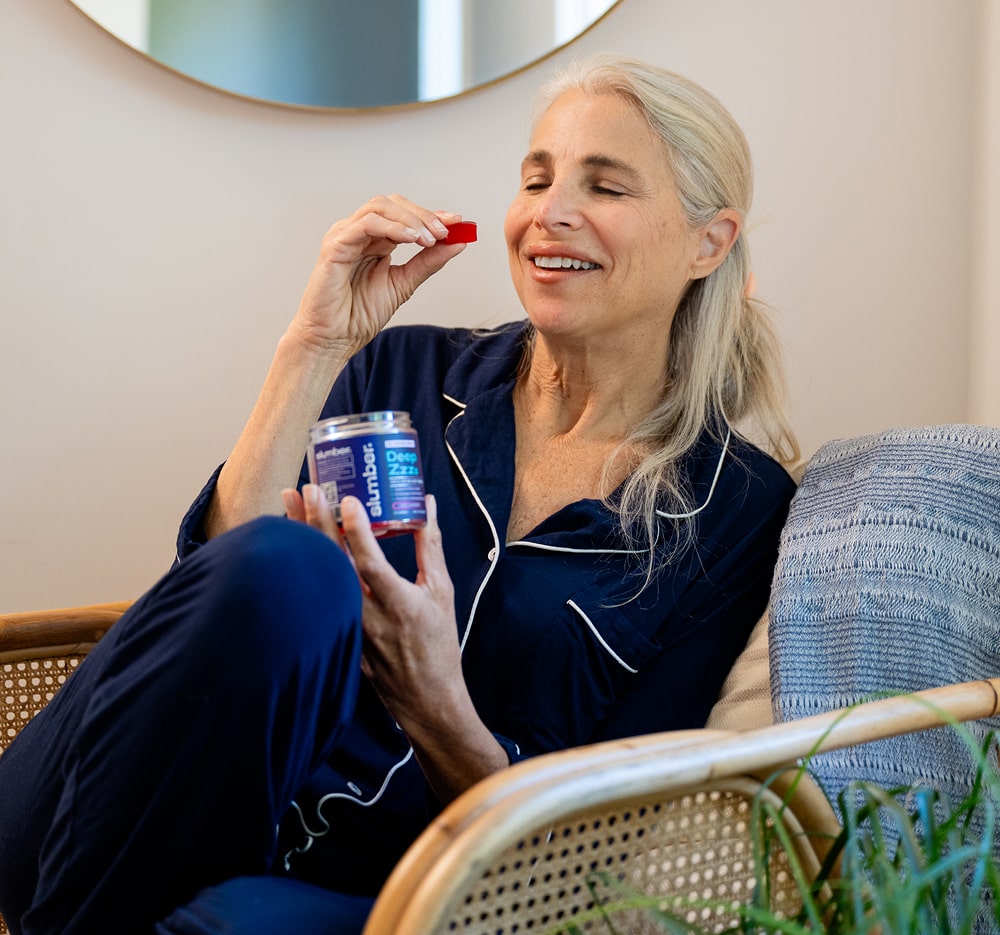
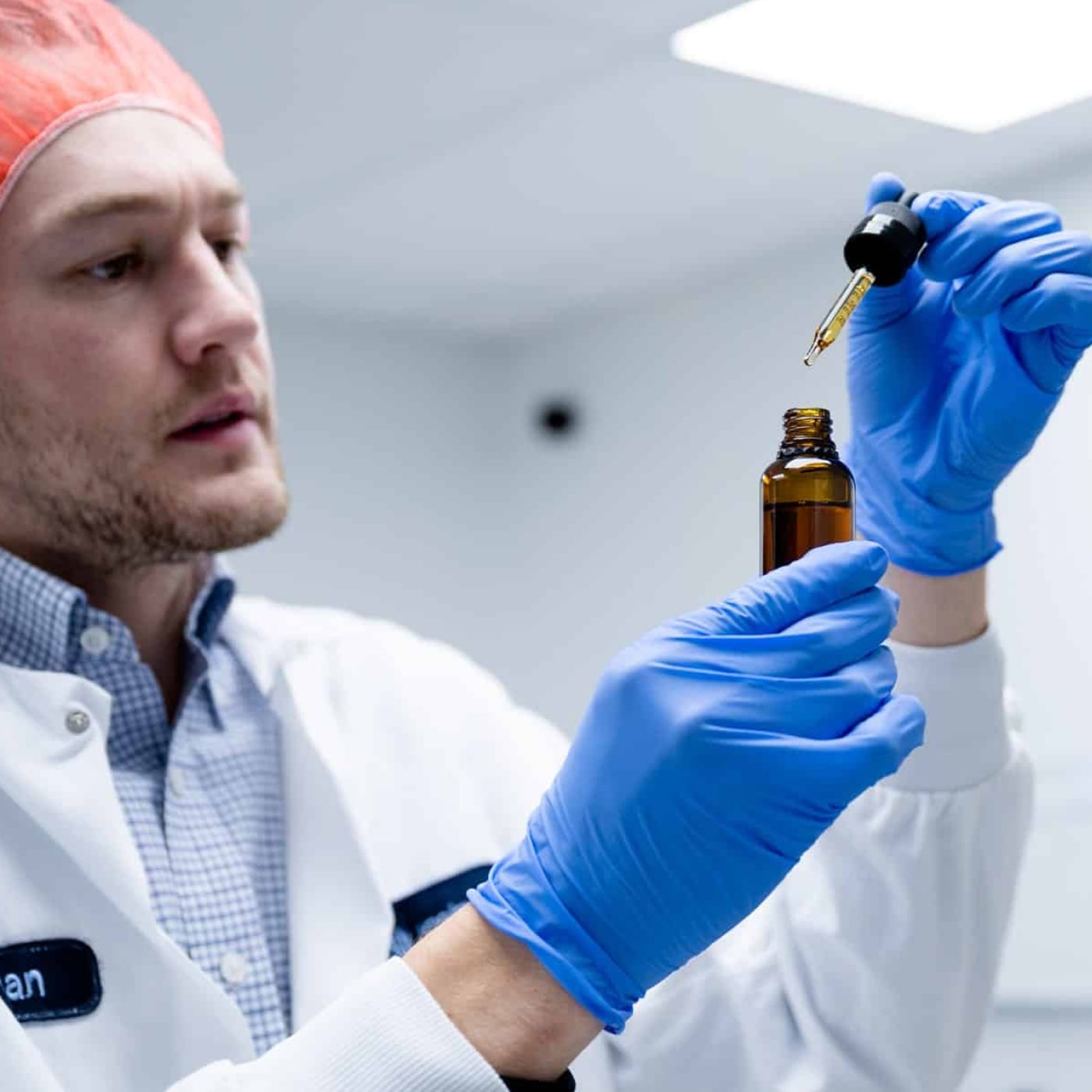

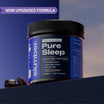


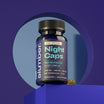
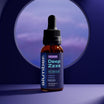

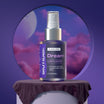

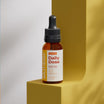






Leave a comment
This site is protected by hCaptcha and the hCaptcha Privacy Policy and Terms of Service apply.